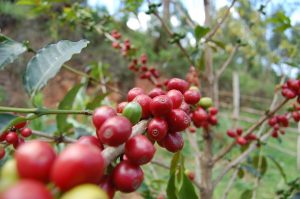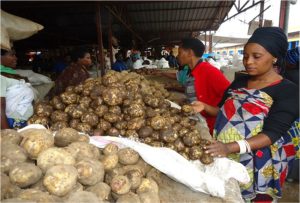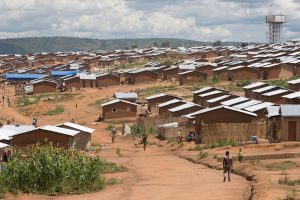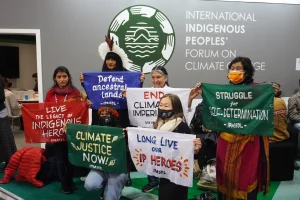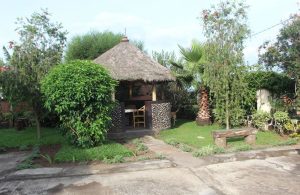Agroecology Hub Thrives in Gicumbi: Mushroom Farmers Showcase Circular Economy, Maximizing Value from Waste
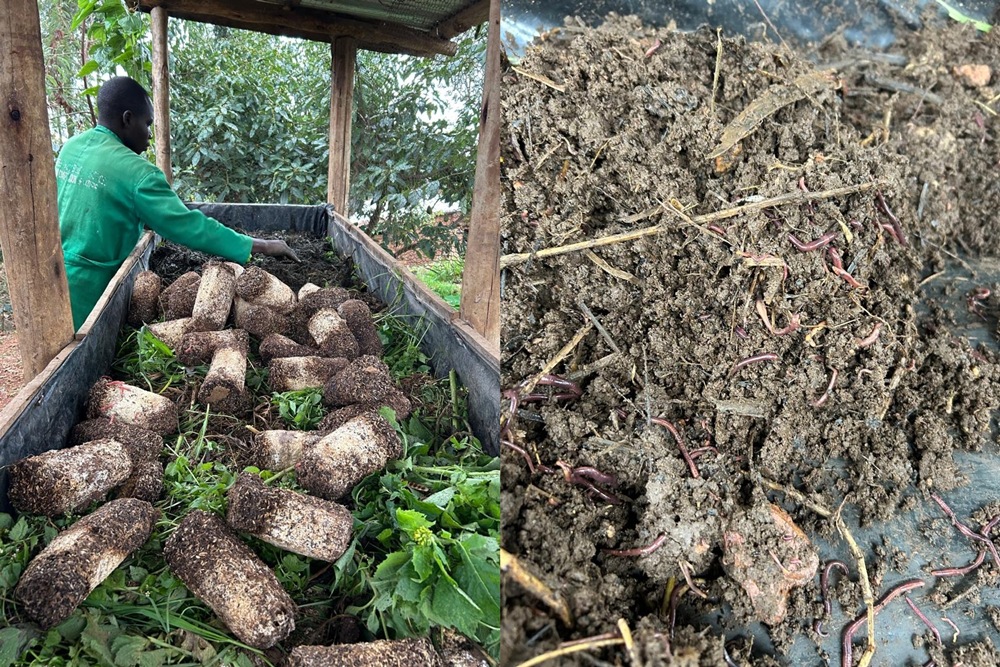
Vermicomposting is one of the ingredients of the Agroecology in the centre
By Ange de la Victoire DUSABEMUNGU
GICUMBI DISTRICT, RWANDA — The Center for Agroecological Practices and Conservation of Nature (CAPCN), founded by regenerative agriculture pioneer Isaac Mubashankwaya, serves as a vital hub for sustainable innovation where the Gicumbi Mushroom Farmers Cooperative demonstrates how regenerative farming and circular economy principles can lead to economic self-sufficiency.
Isaac Mubashankwaya’s commitment to sustainability is driven by a profound “love nature” and activism in agroecology. He transitioned from conventional methods using chemical fertilizers to agroecology in 2018.
He emphasizes that this shift is “actually more economical” because practices like agroforestry naturally improve soil fertility, “reducing the need for costly inputs”.
Mubashankwaya, a beneficiary of the Circular Food Systems for Rwanda program, guides the work with his core philosophy: “In a farm, waste is a resource”.
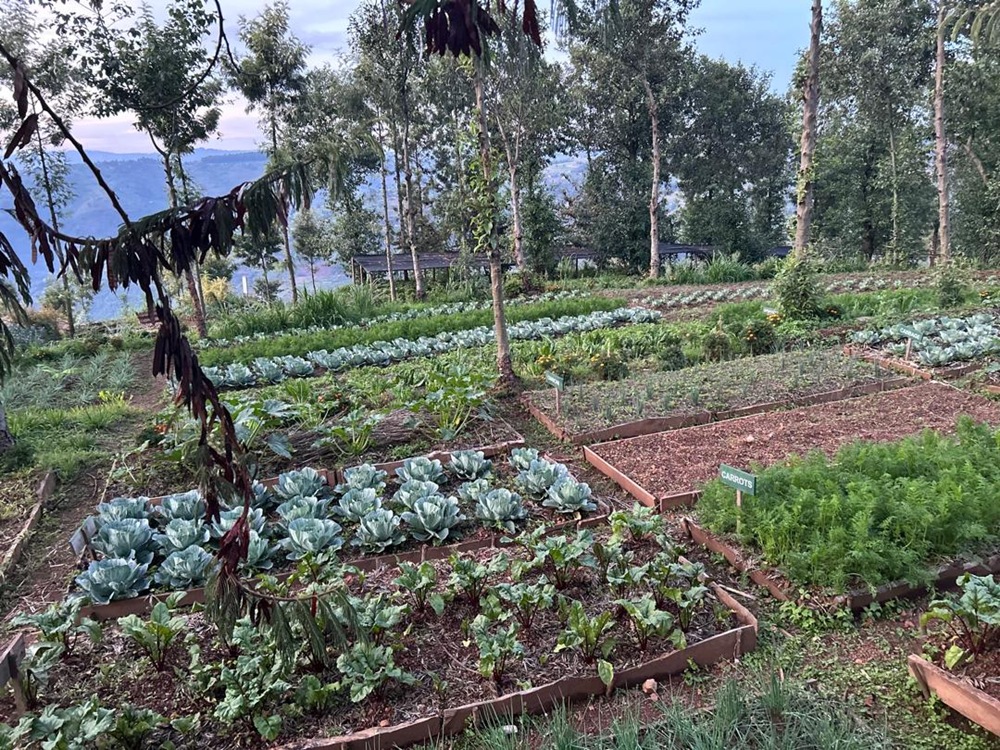
His four-hectare farm promotes organic and regenerative agriculture, conservation farming, and agroforestry. Mubashankwaya utilizes two main techniques for producing organic fertilizers: heap composting and vermicomposting.
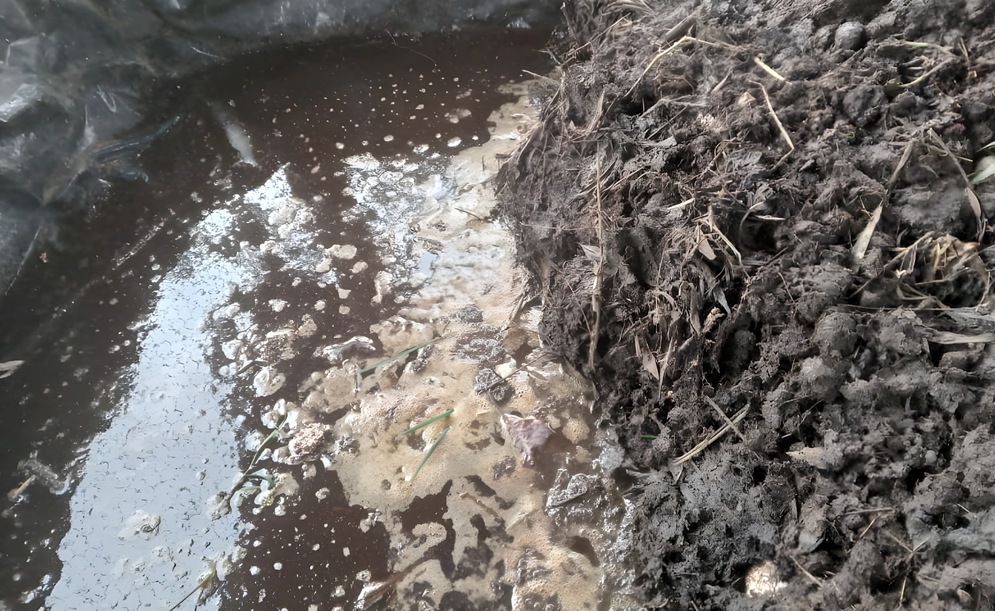
His vermicomposting system uses worms and farm waste—like crop residues and animal manure—to produce rich organic fertilizer and “worm tea”, which is used to boost the growth of vegetables such as cabbage, onions, and carrots.
Cooperative Success through Mentorship and Resource Efficiency
The Youth-led Mushroom Farmers Cooperative, which began in 2018 with 13 members who raised 130,000 Frw in share capital, scaled operations after receiving Green Gicumbi project funding to construct 12 mushroom huts.
Due to having no enough space, they were accommodated in the CAPCN farm. Here, the Youth Cooperative members are explicitly mentored through CAPCN practices and participate in other daily activities in the farm.
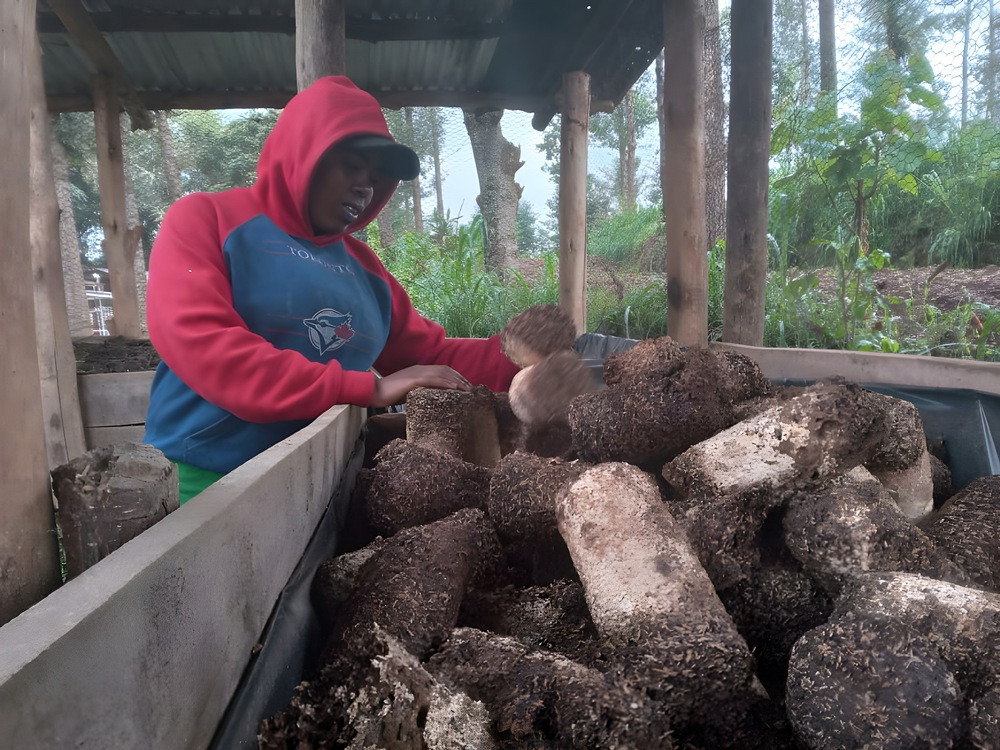
The cooperative’s success lies in embracing circular principles for managing spent mushroom substrate. Cooperative member Mukanyandwi Fortuné Louange detailed the process of transforming the mushroom waste: “We also came to seek knowledge on how to use mushroom waste to make compost using worms. When we take mushroom waste and put worms in it, it produces good and fast compost.”.
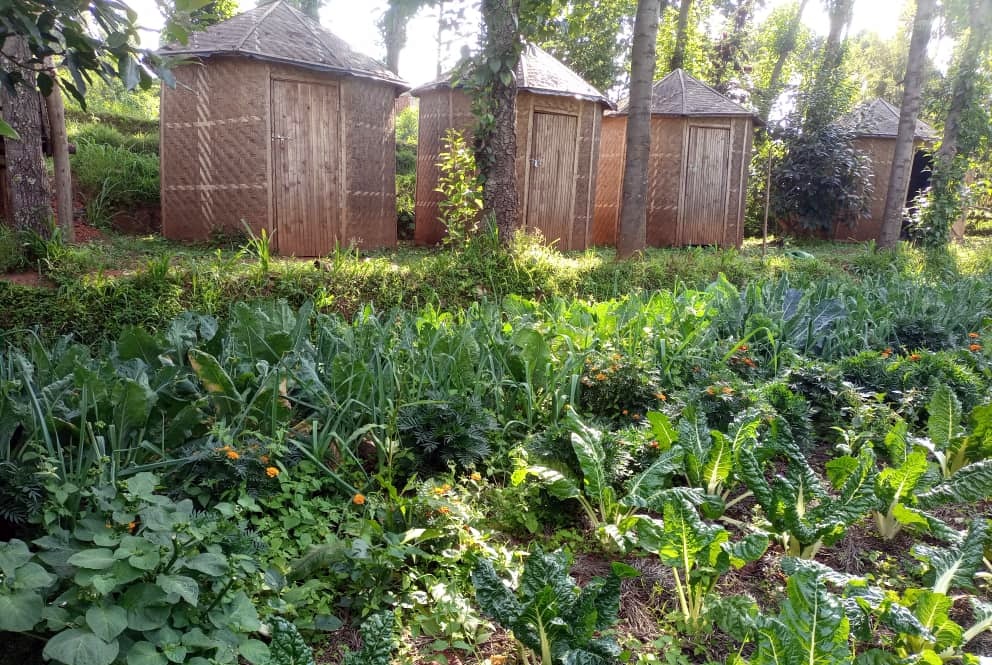
This innovative process yields significant outputs: “Currently, each of these 12 houses contains 300 mushrooms, and in three months we get about five (5) tons of compost,” reported Mukanyandwi Fortuné Louange.
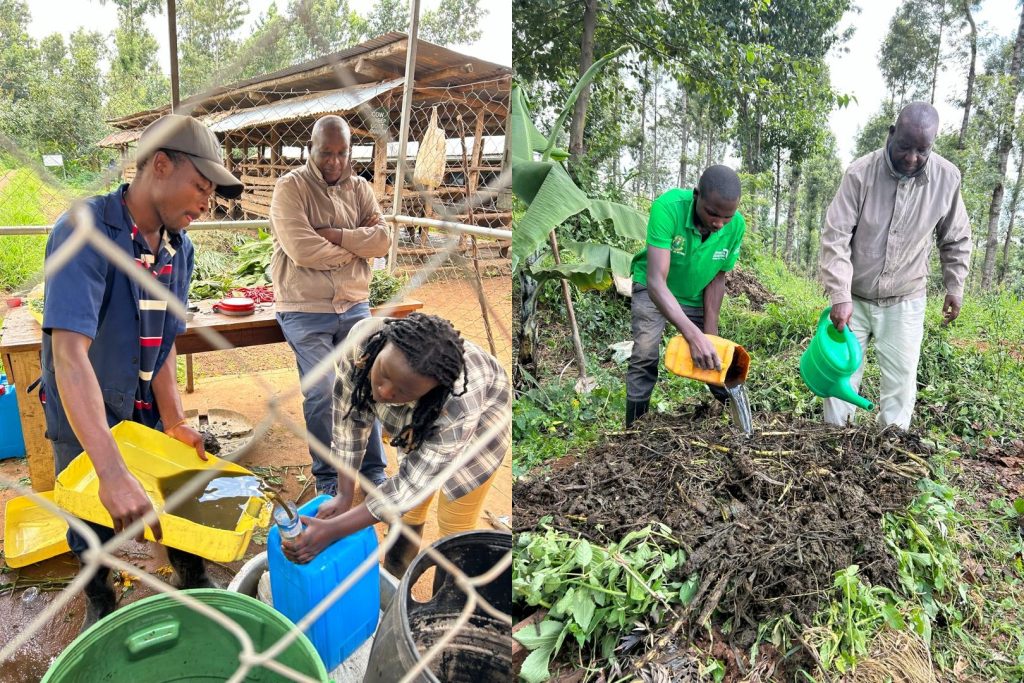
They produce rich organic fertilizer and worm tea, which is used to boost the growth of vegetables such as cabbage, onions, and carrots
This self-produced fertilizer creates economic resilience for the members: “We sell it among ourselves as members, so we don’t buy fertilizer from outside,” eliminating external input costs.
Advancements in Sustainable Technology and Tourism
The CAPCN center is actively integrating advanced sustainable practices. Rainwater harvesting technology introduced for small-scale irrigation systems is in good progress. The system includes a water tank with a capacity of 200 Cubic Meter of water one per agricultural season.
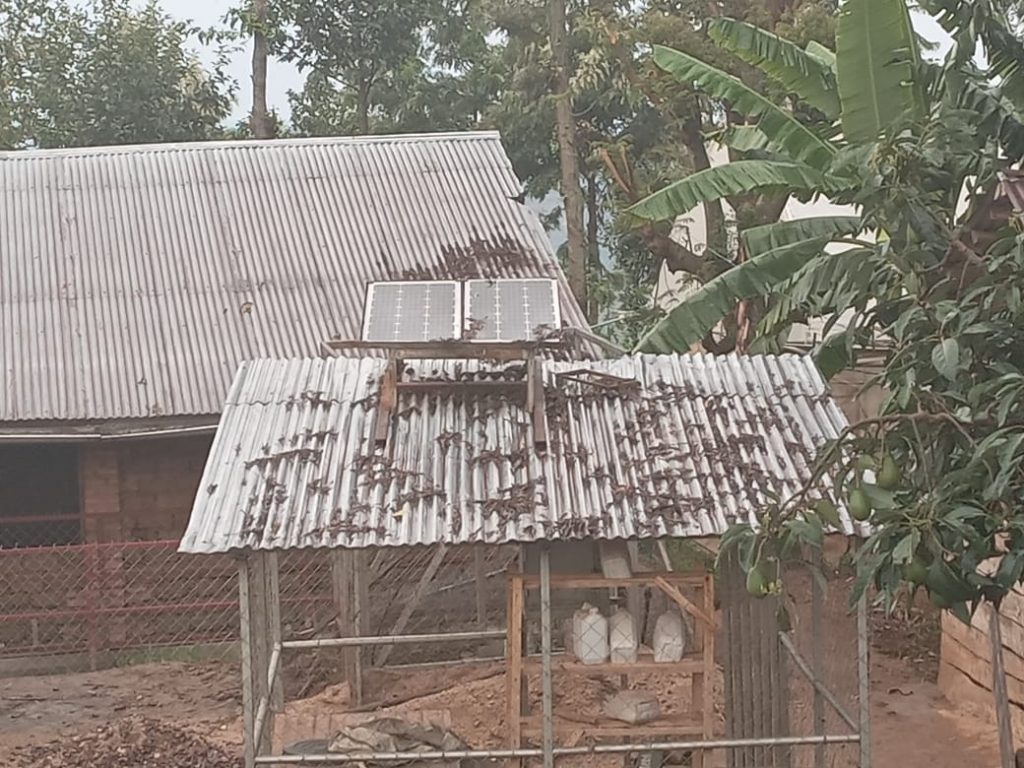
Furthermore, the use of solar panels in irrigating the gardens in the farm helps in circular economy within the center.
The center also acts as an educational and economic engine for the region. About 300 local farmers have gained knowledge in Agroecology. CAPCN currently employs 8 permanent staff and provides casual jobs to about 25 people during activities.
In a further step toward promoting agroecological practices globally, the center has received technical assistance from World Resources Institute, the organization that leads the Circular Food Systems for Rwanda program. The center has received training and will very soon host tourists interested in Agroecotourism.
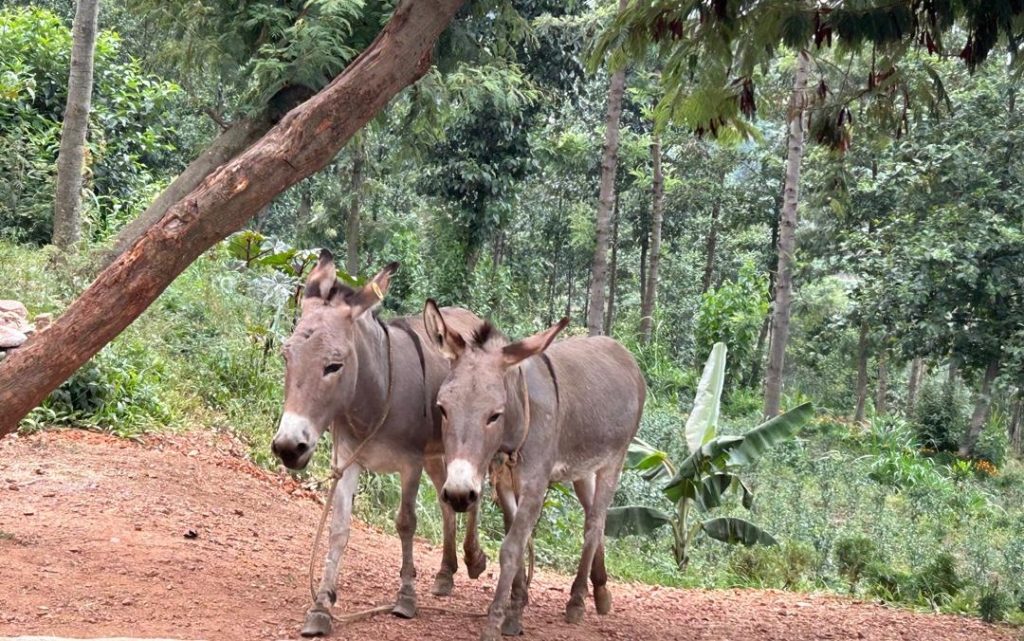
Mubashankwaya summarizes the vision shared by the cooperative and the center: “If more farmers adopted these methods, we’d see healthier soils, better yields, and a healthier environment. It’s the future of farming.”. This local model successfully aligns with Rwanda’s broader National Circular Economy Roadmap, which prioritizes agriculture and transforming waste into valuable resources such as organic fertilizers.
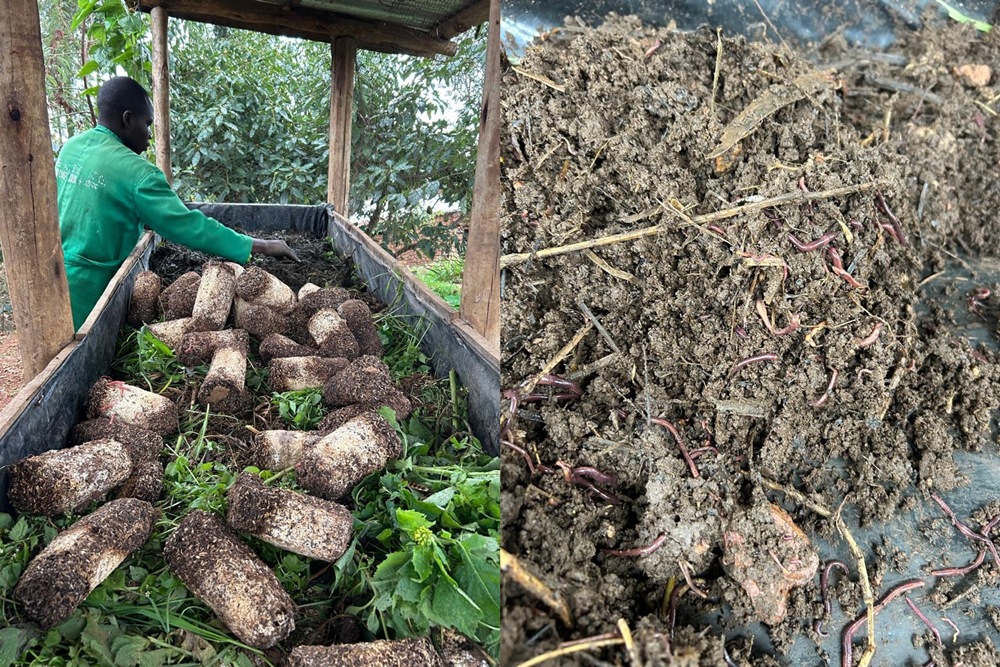
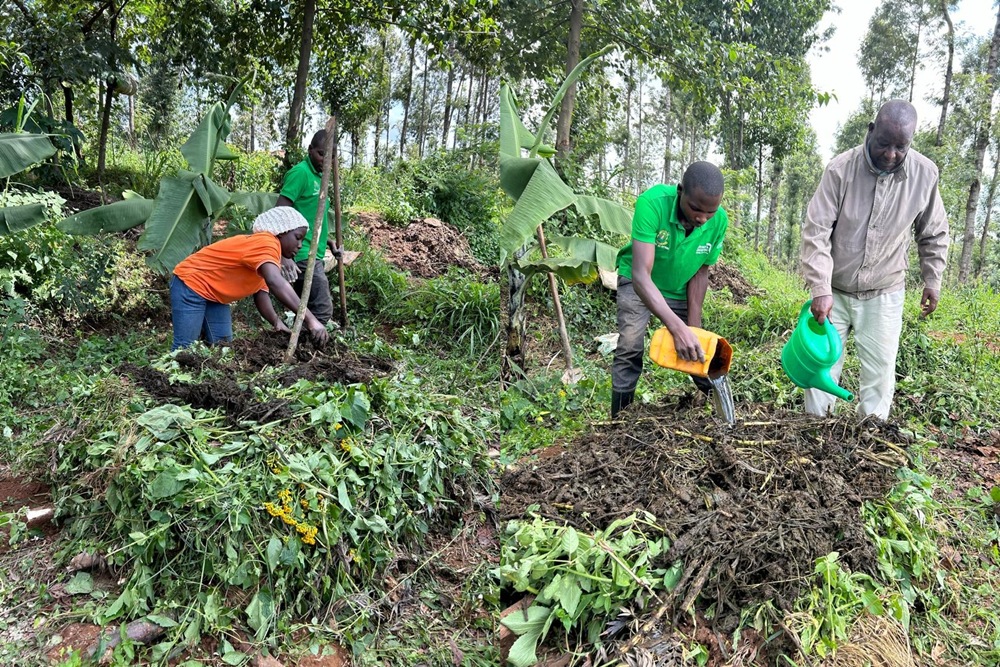
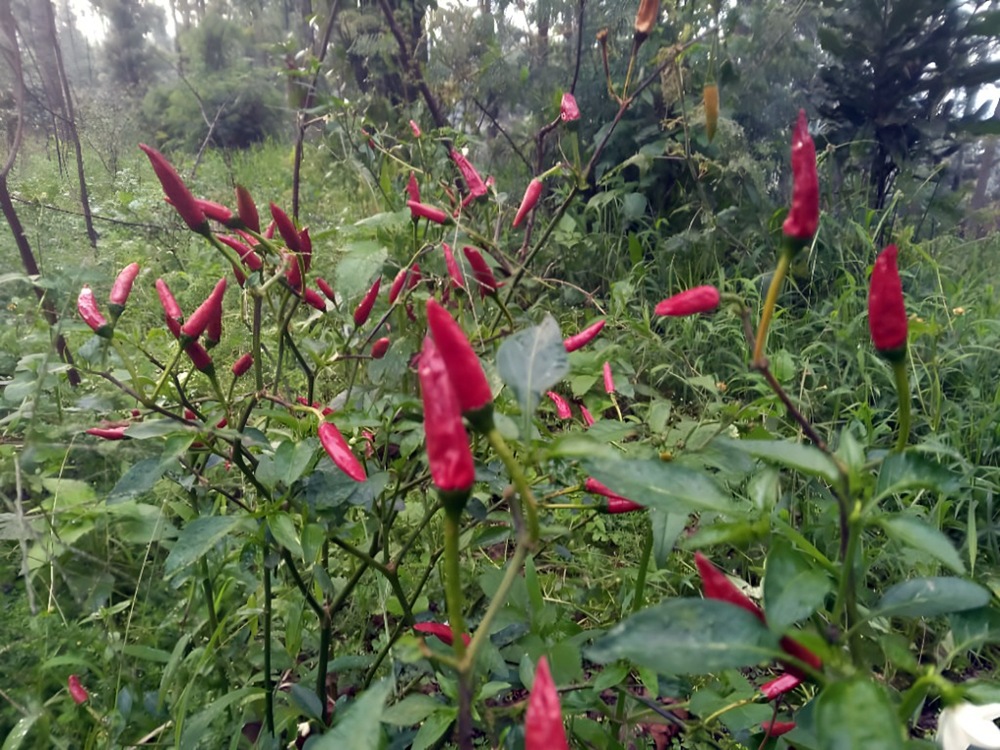
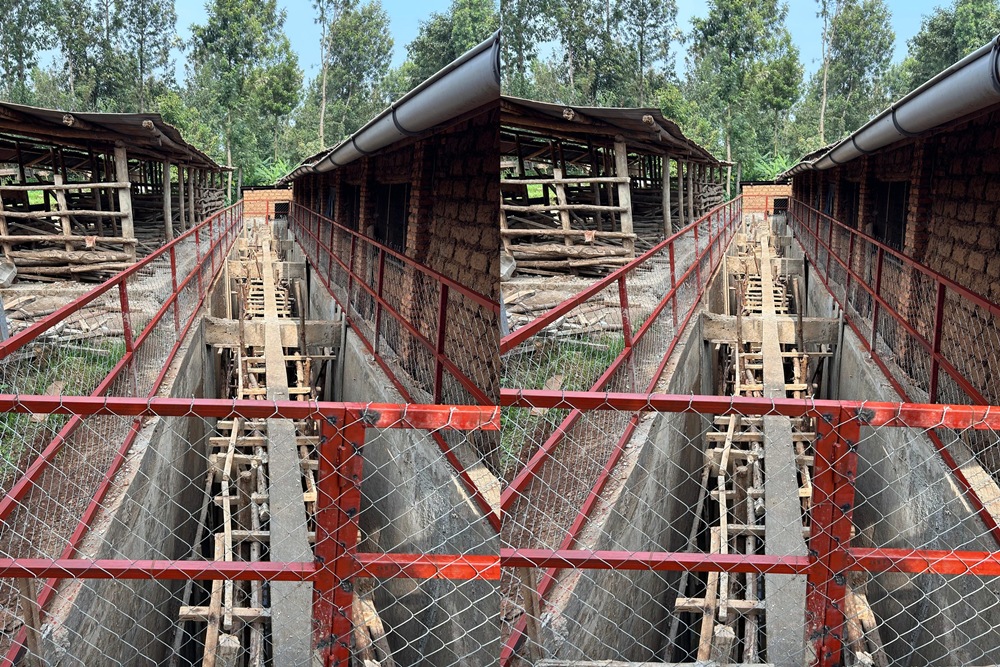
Rainwater Harvesting construction is underway
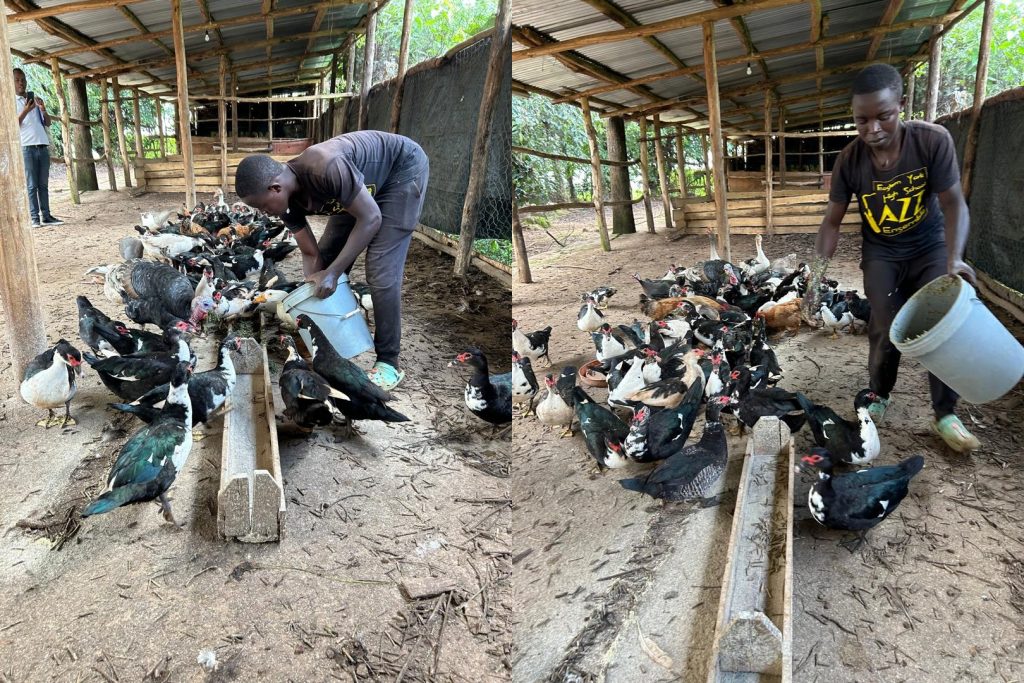
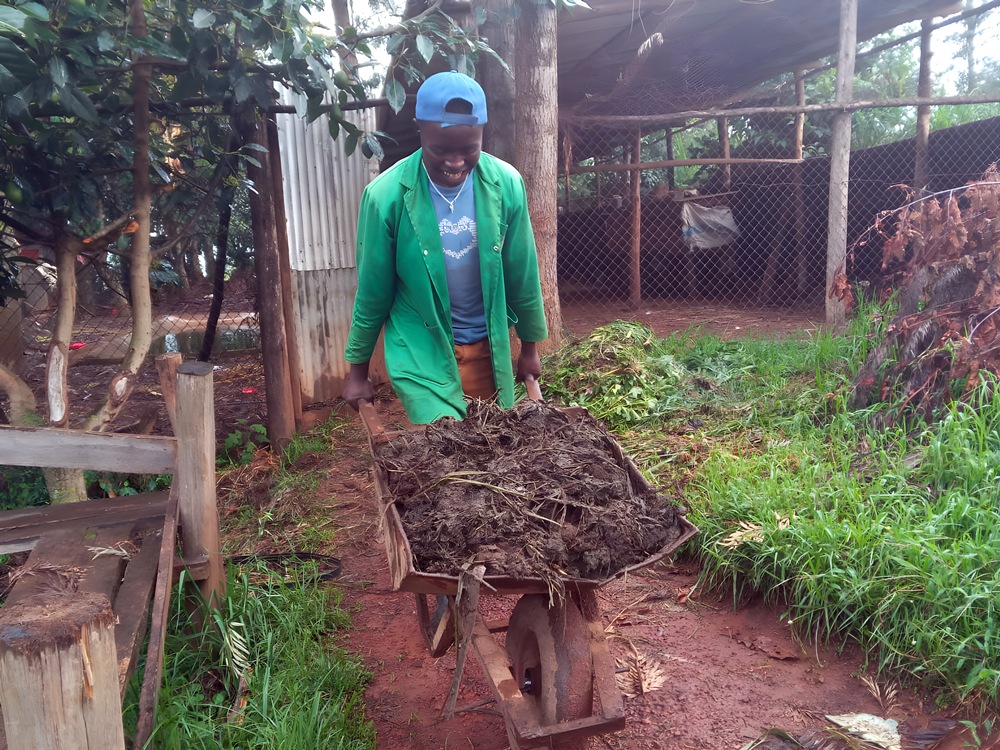
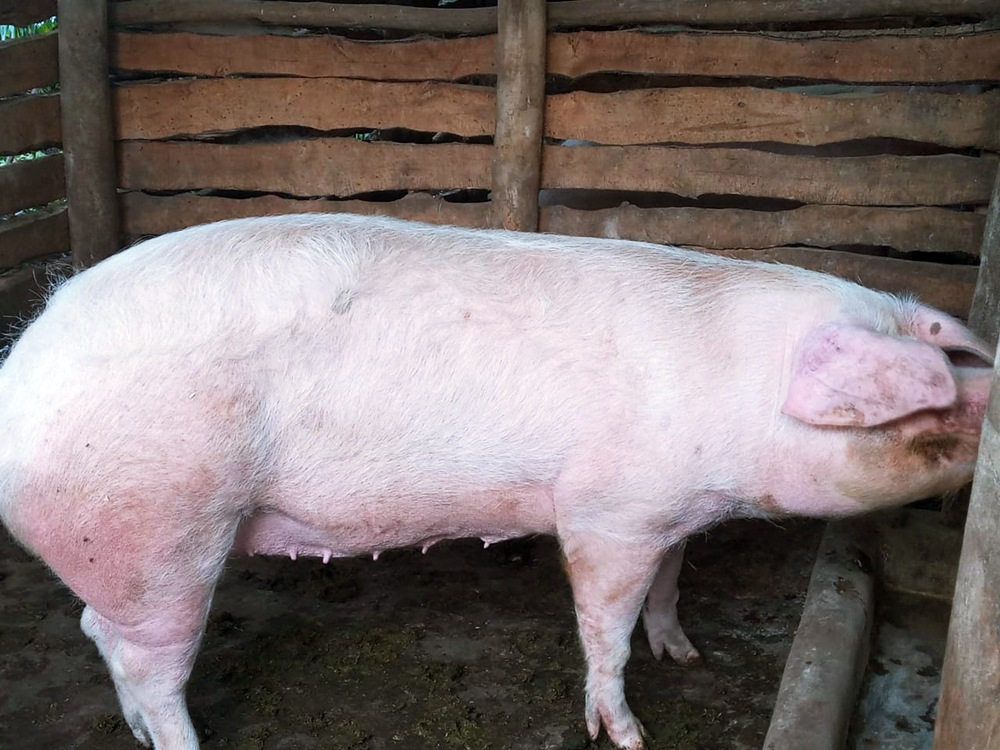
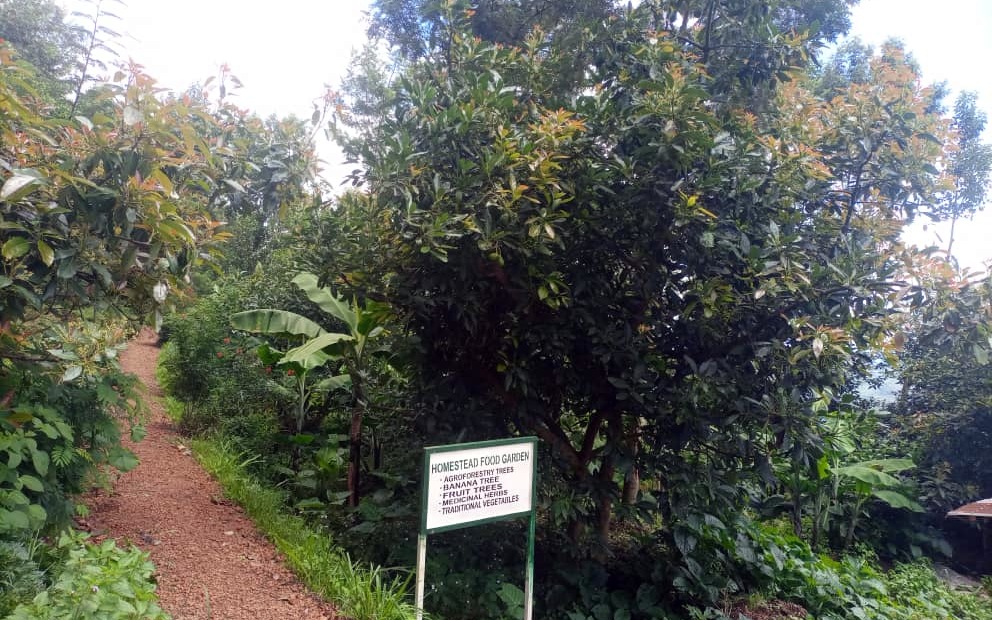
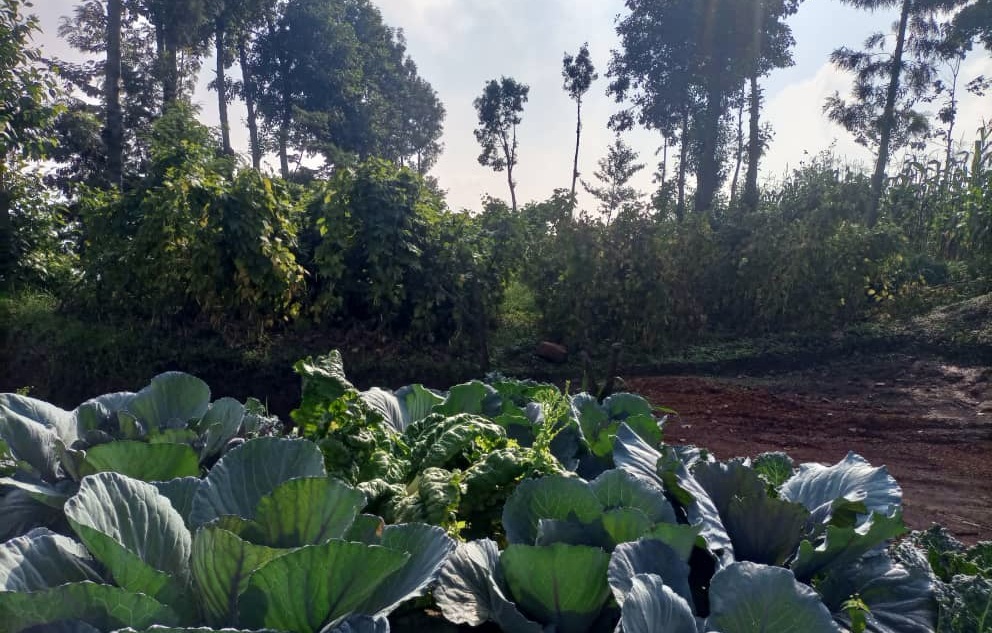
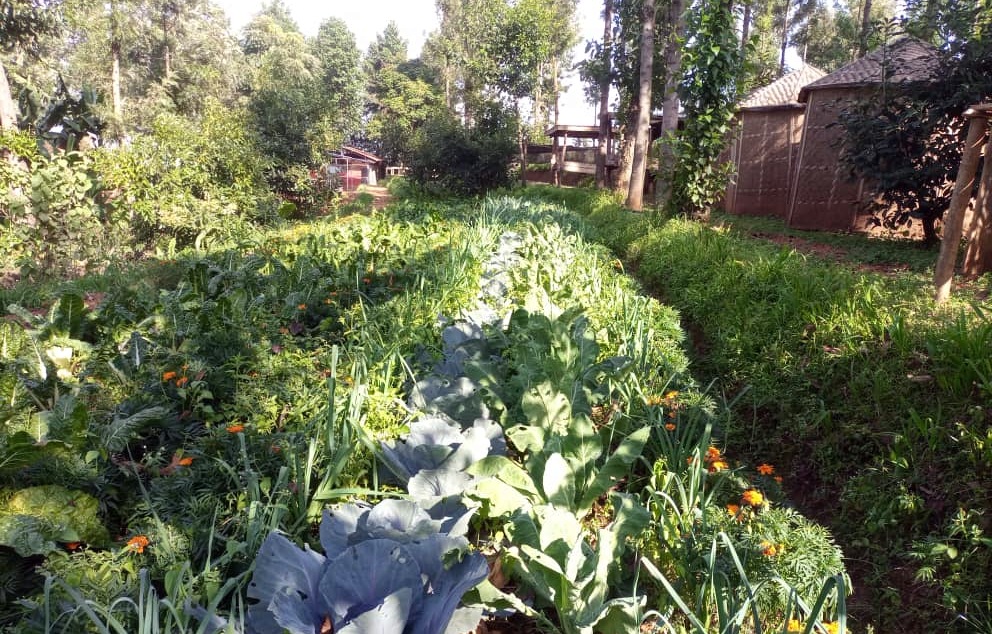
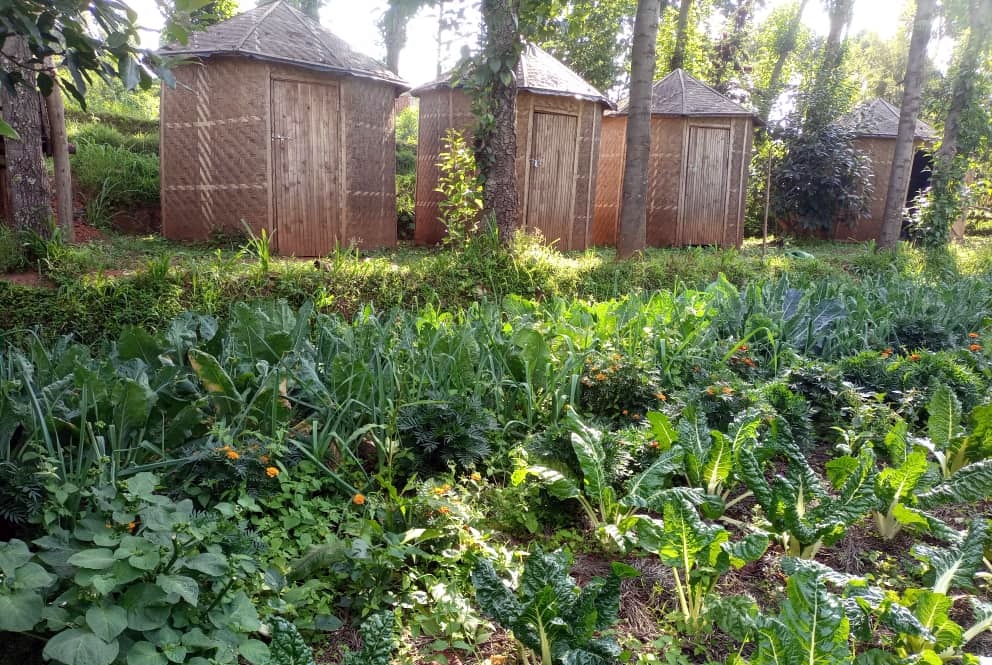
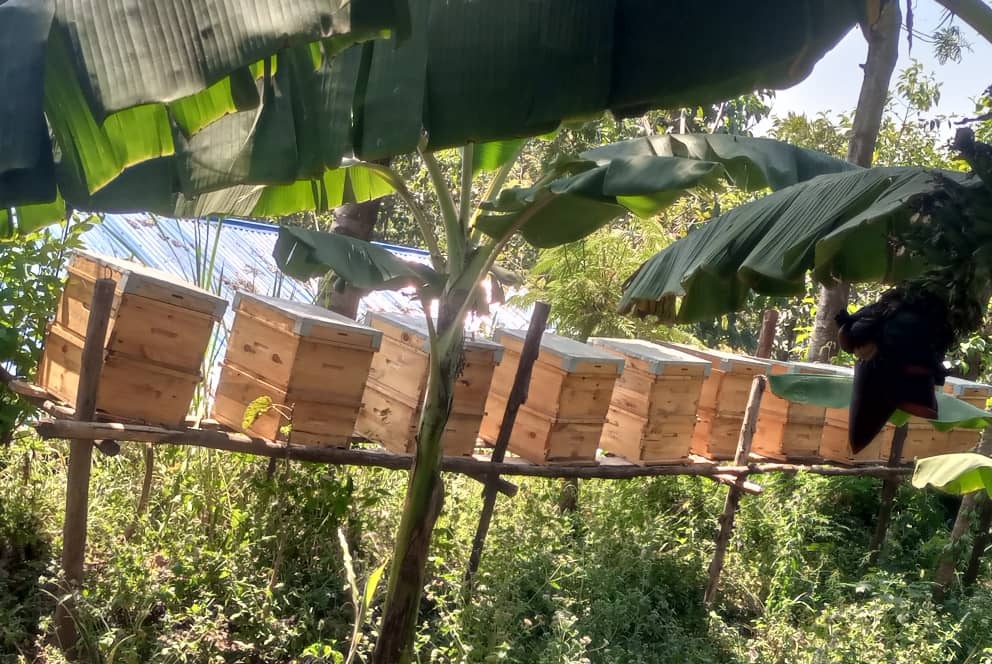
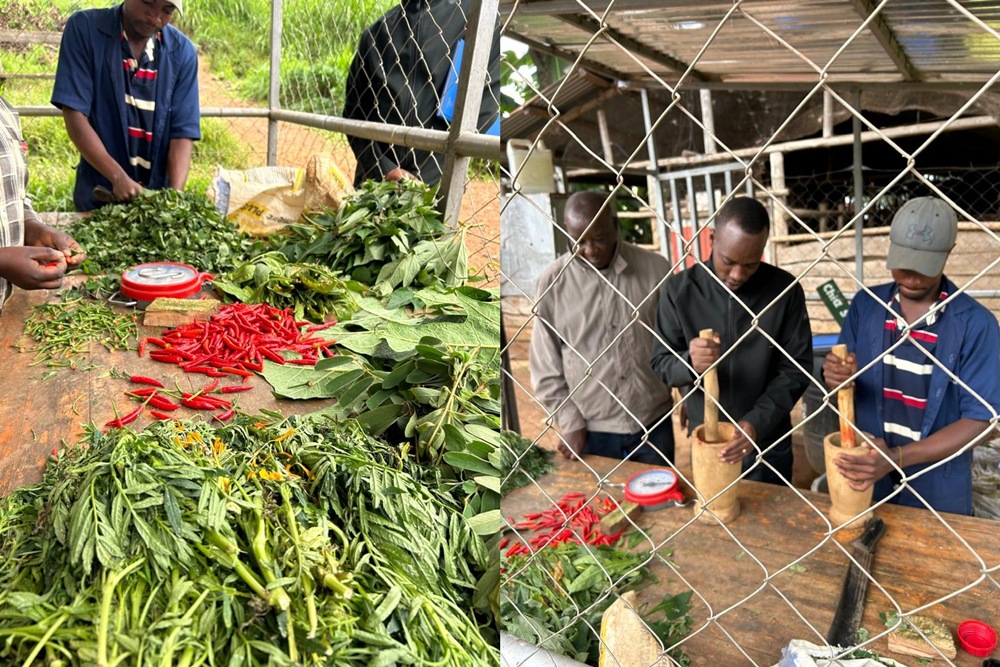
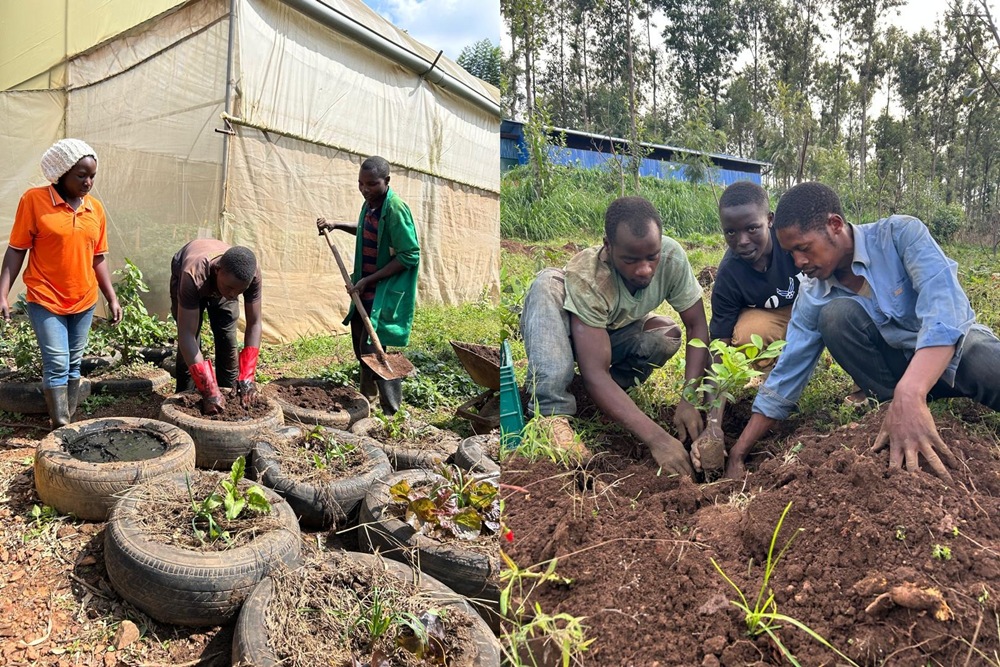
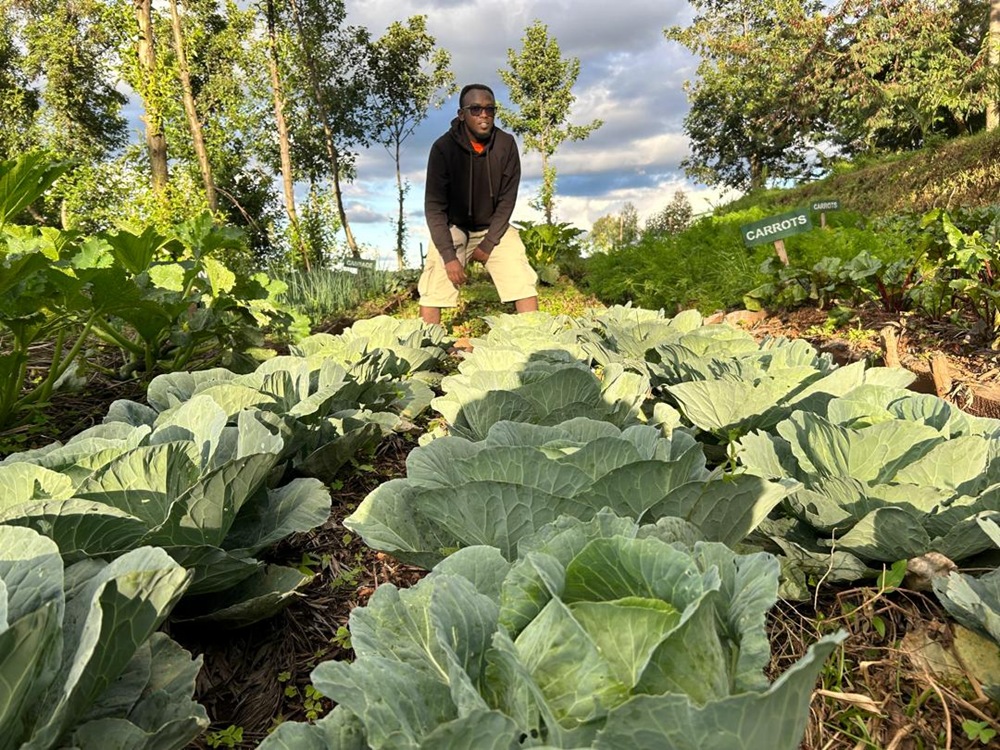

SUBSCRIBE TO OUR NEWSLETTER



